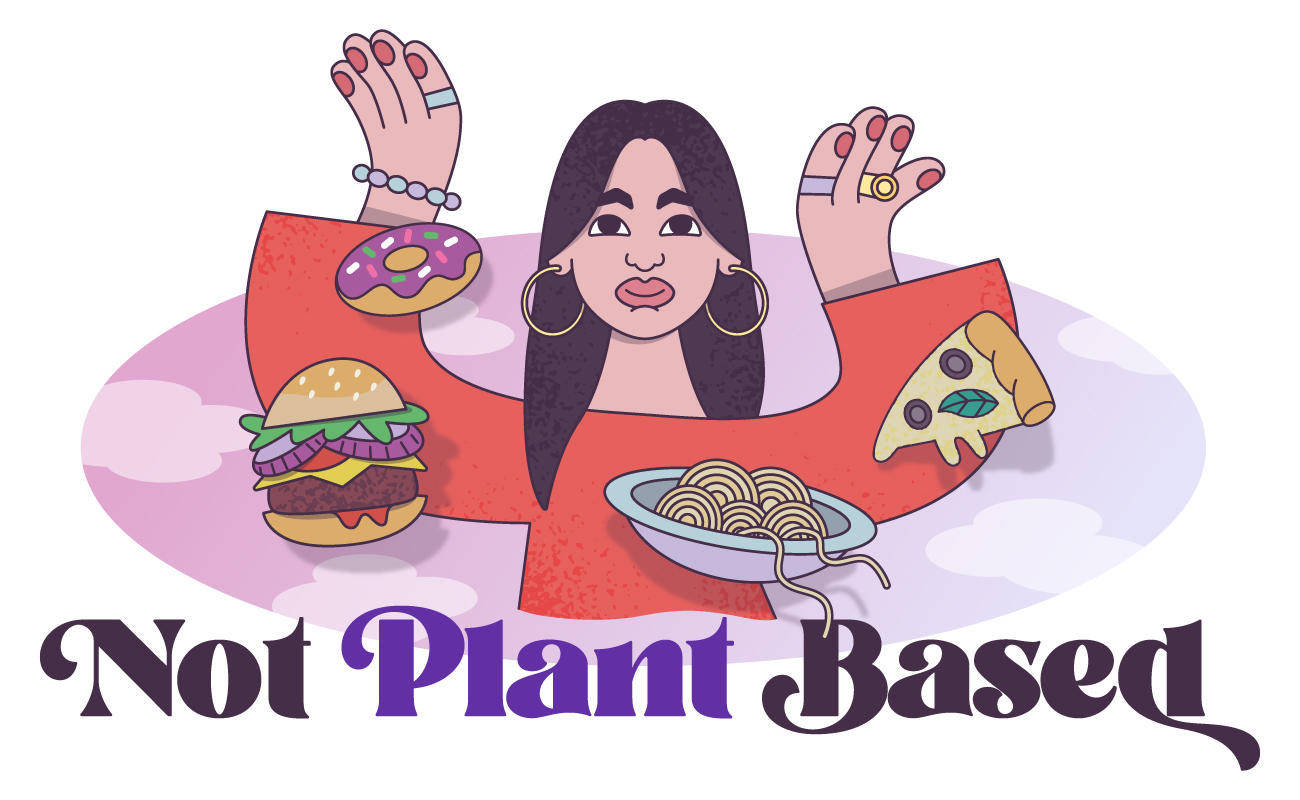
This article is not just for the men out there. This is also for anyone of any gender who feels their masculinity somehow “interferes” with their capacity to get help for what they’re going through. Or anyone who simply wants to understand the male experience of disordered eating in greater depth. This is a fascinating and crucial discussion to have; I invite you all.
Before we begin, to all the men reading this who are going through disordered eating patterns and don’t know how to get help, I want you to understand this: You are not alone, you are not a lost cause, and this is not how your story ends.
My Story
I’ll keep my story brief, as I want this to be a guide and not a memoir, but I want men reading this to know this is not theoretical. This is real.
I’ve competed in two bodybuilding shows and four powerlifting meets. I got into the fitness lifestyle midway through high school, to try and counteract years of perceived physical inadequacy and depressingly low self-esteem. Lifting weights and watching my physique change into something impressive was what told me that maybe, just maybe, I don’t have to live out the rest of my life being picked last for every pickup game and serving as the butt of jokes about skinny guys.
It was through my participation in competitive bodybuilding that my eating disorder made itself known, but it wasn’t until years later that I truly came to terms with it. And coming to terms with it was the nail in the coffin that allowed me to fully and unapologetically recover and relearn how to love food and love my body.
I went through some extremely depressing restrict-binge cycles, which the bodybuilding preparation process only serves to amplify. These were marked by crash dieting, stimulant abuse, complete social isolation, and then – upon competing, and being “done” with the contest diet – frequent and intense binge-eating, food-hoarding, lying, self-hatred, and suicidality.
From the time I started my first contest prep to months after my second show (a span of almost 4 years), I thought my worth was dependent on my physique or my diet rigidity. The positive responses I got from women and the guys who started asking for advice only served to boost my false sense of confidence, after an entire childhood and adolescence riddled with bullying and internalizing my status as a “weak loser.”
But I recovered. It took an incredible amount of trust in a process I didn’t start off believing in, and it took a huge amount of vulnerability. But, now being on the end of it, I can say with resolve that nothing (not bigger muscles, not washboard abs, and not feigned toughness) beats the feeling of true Food Freedom. How I recovered is another discussion entirely, something I cover in my book, 100 Days of Food Freedom: A Day-by-Day Guide to Self-Discovery, Freedom from Dieting, and Recovery from Your Eating Disorder.
So, with that out of the way, how can you – or a man you are concerned about – open up and begin this important process to recovery? I’ve outlined three steps to ensure this is as painless and effective as possible, with a bonus step I’ll mention before the end. Let’s get into it.

Step 1. Identify your “safest” resource
Who do you know won’t judge you? Is there anyone you’ve at least started this discussion with, who you could return to for a more in-depth state of affairs?
It’s vital that this person be someone who legitimately has your best interests at heart. Protect yourself and your privacy and don’t start by opening up to any toxic individuals in your life. A significant other who doesn’t treat you right, a “friend” who only uses you for social status or some other ulterior motive, or a relative who makes body-shaming comments… these are all examples of people to avoid, at least for this initial interaction.
It’s not that they can never know, but rather that their exclusive knowledge of this (before anyone else knows) gives them emotional leverage and compromises your feelings of security. You deserve to tell this to the person you feel would be most empathetic and understanding. Even if that isn’t the person you think you’re “supposed” to start with.
Step 2. Decide what you want out of this
Are you seeking support? A listening ear? Genuine guidance? This step is rarely employed, in any scenario, which is unfortunate. Considering what outcome you’re looking for before diving into the situation bears crucial importance. By doing this, you have an objective measure of whether your attempts to open up have been “successful” or not.
Without this, a family member responding to your vulnerable admissions with something dismissive could be internalized as your own failure. Or even a friend responding with an ostensible “solution” to the problem might leave you feeling as if there’s no hope in opening up. “I knew it… nobody will understand what I’m going through.”
If you identify your endgame before even starting, you will be much better able to get your points across without holding back. And you can make sure your listener knows what you want from them out of this conversation.
Step 3. Start with the behaviours, not the condition
In the book Crucial Conversations: Tools for Talking When Stakes are High, the authors introduce the idea of establishing “safety” in a crucial conversation early on. This means laying out the objective facts at hand and cementing the positive dynamic before moving into windier territories.
In other words, rather than rushing into “You’re taking longer breaks than any other employee here, and I’m tired of it!” one could establish safety by prefacing with “I understand how important it can be to take a break, and what we all want here is an environment where those breaks are available and nobody feels rushed or slowed down.” See how the latter conversation starter already makes you (the long break-taker, in this scenario) feel much more respected and understood than the former, which shoots you straight into defensive mode?
Though we’re dealing with a different emotional dynamic here, we can pull from this the idea of starting with the facts, to prevent any potential misunderstanding or pre-judging of the situation. It’s unfortunate, but when people hear you say you have an “eating disorder,” they will start creating their own mental ideas and preconceptions. And these are not necessarily based in reality.
To prevent this, start with the behaviors, thoughts, and worries you’ve been experiencing, to the extent that you’re comfortable. Allow them to peek into your struggles and fears and come to the conclusion on their own, so they’re helping you with what you’re going through and not what they think you have.
For me, I had to tell those I confided in that “I’ve been hoarding foods and binge-eating them in private, and it makes me feel insecure and scared around some of those foods.” This opens the doors for someone to hear me and not my eating disorder. On the other hand, “I have an eating disorder” has the potential to set off some flags to your listener, as most of society is still afraid of and confused about eating disorders.
Pay it forward
Once you’ve employed all three of these steps, and you’ve opened up to a loved one (or other support resource) about what you’re going through, there’s still one step I want you to pay attention to. That step is paying this forward.
Imagine for a moment a world where we needn’t even talk about “males and eating disorders,” because we’ve successfully removed gender assumptions and implications from what is truly a collection of serious neurobiological ailments. A world where we understand eating disorders do not discriminate, and so every single sufferer deserves care and not judgment.
You can be this change. Men, gauge your comfort level and then talk about your recovery, talk about intuitive eating and body positivity, and shut down diet talk. This is not something we can afford to ignore. The boys and men suffering in silence, the next generation of guys who will learn from our actions, women suffering through eating disorders, and the world as a whole are all counting on you.


